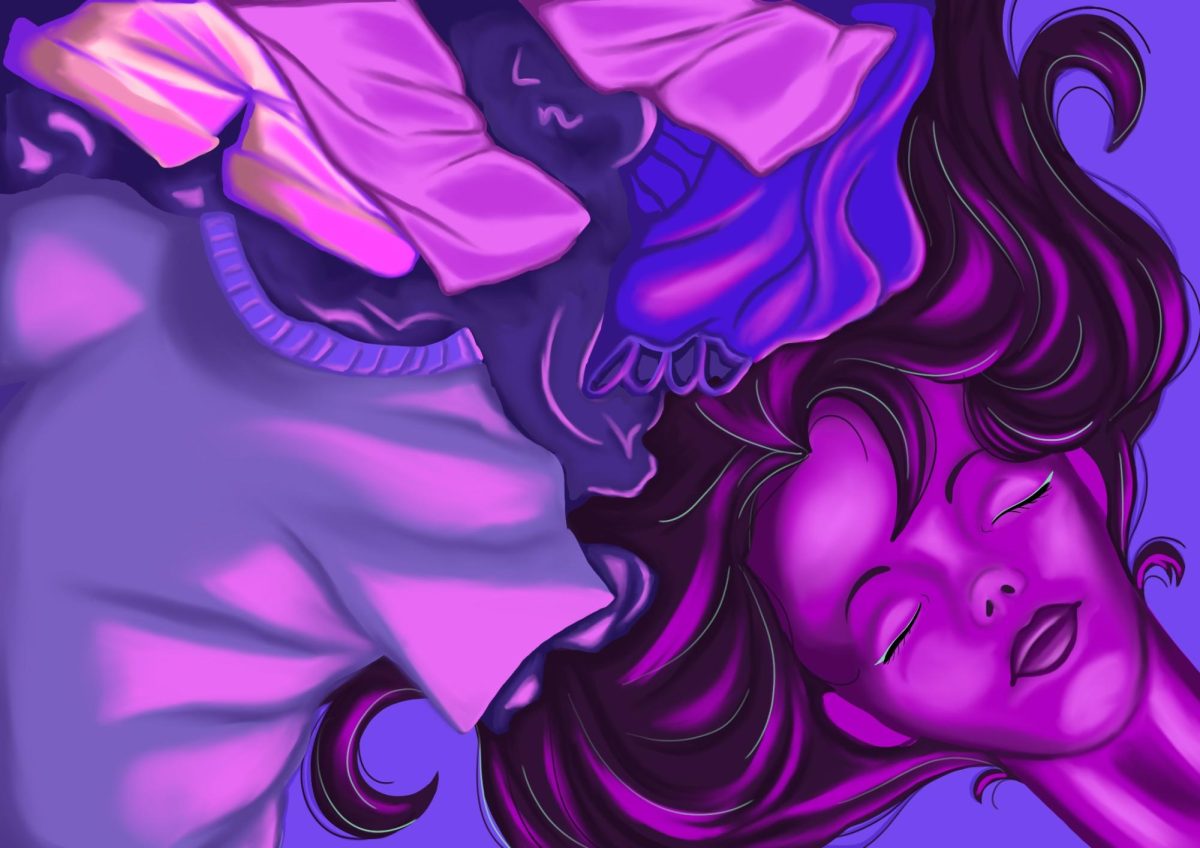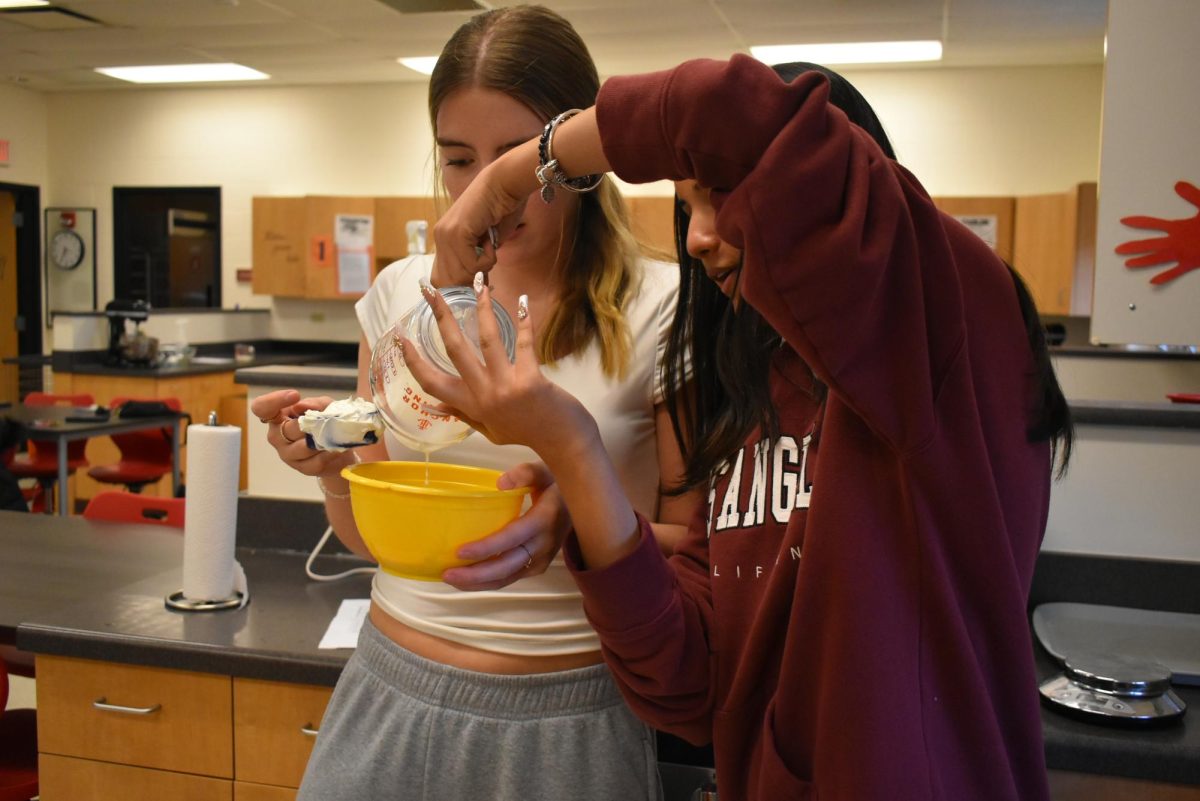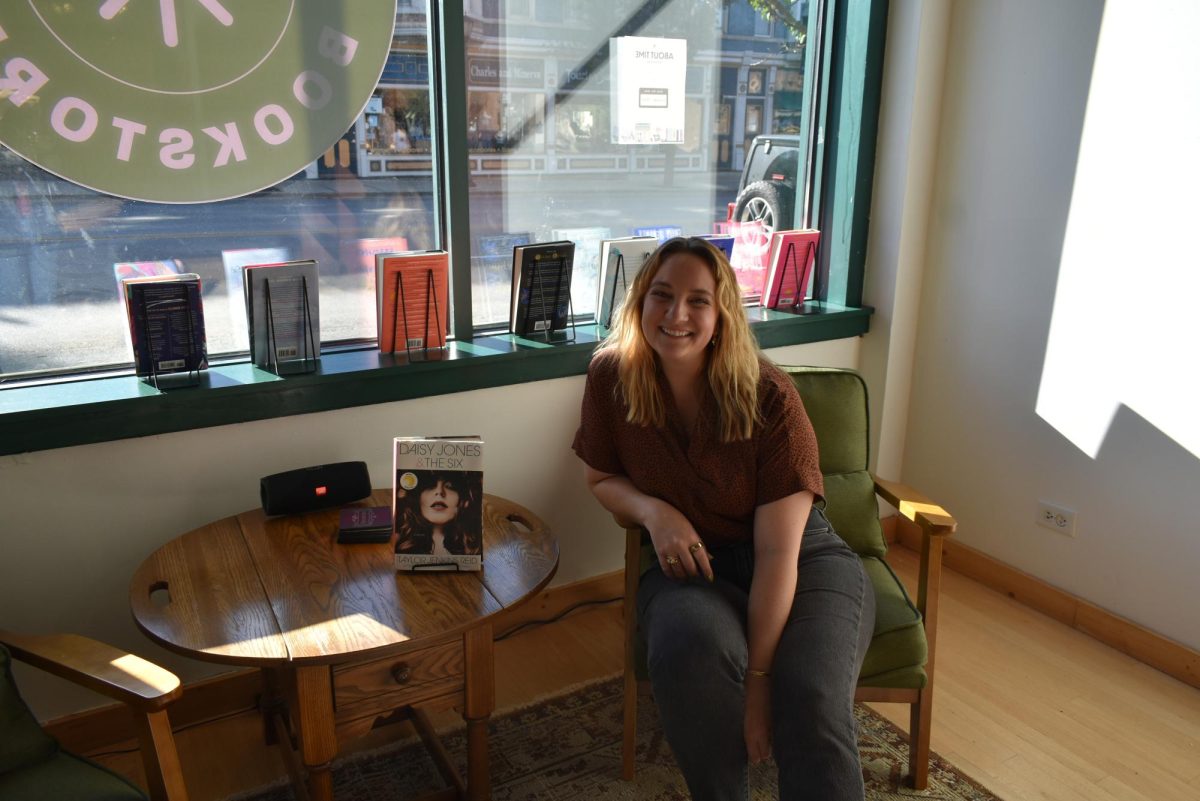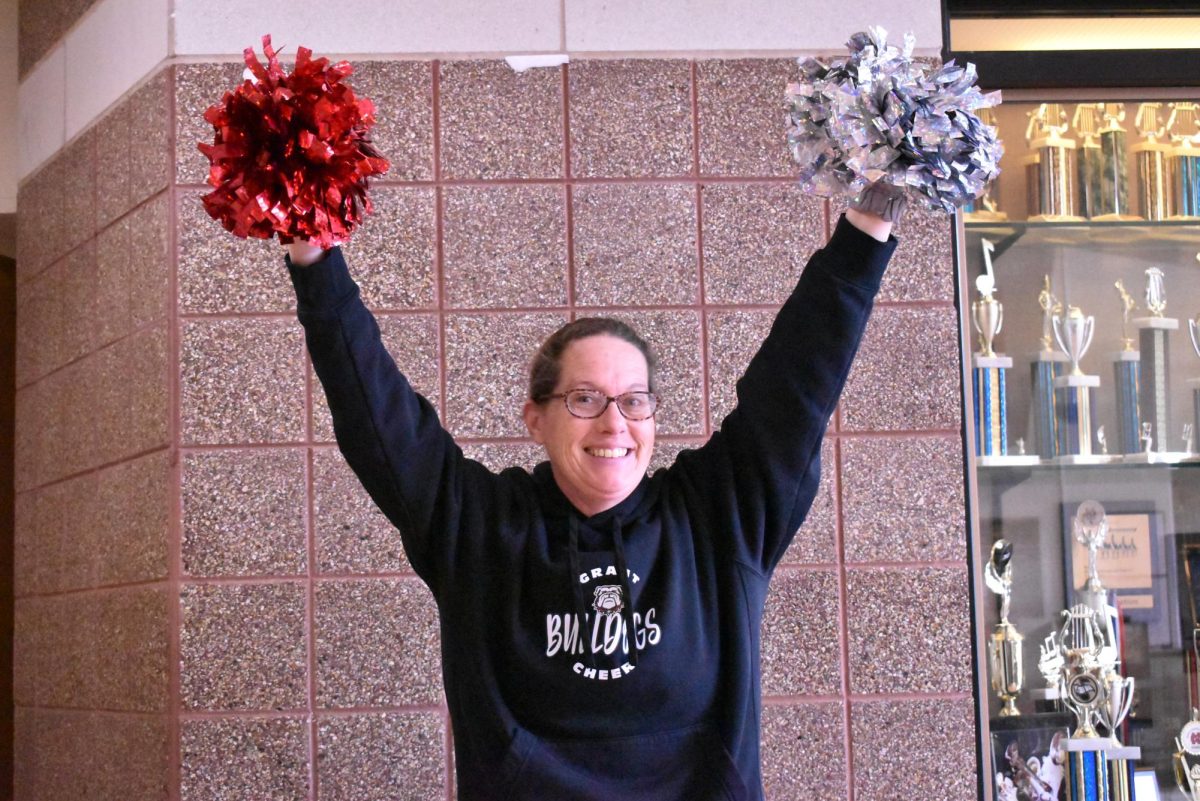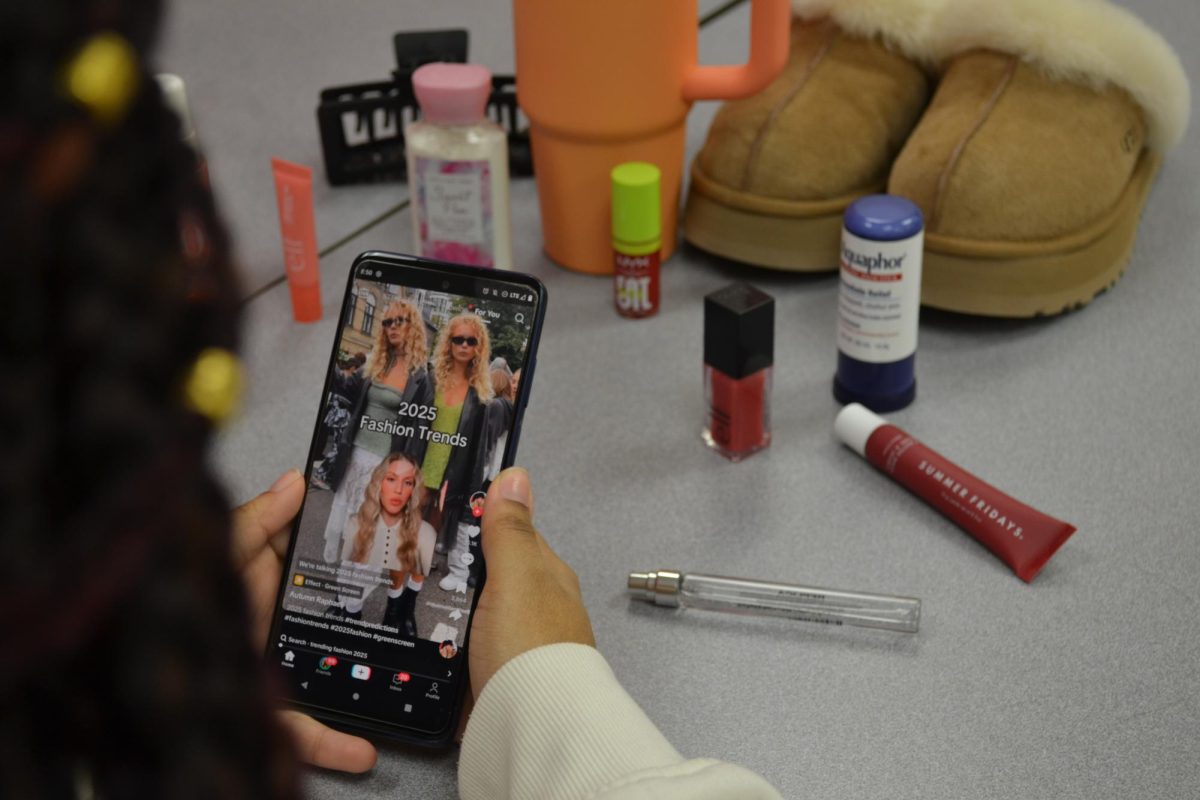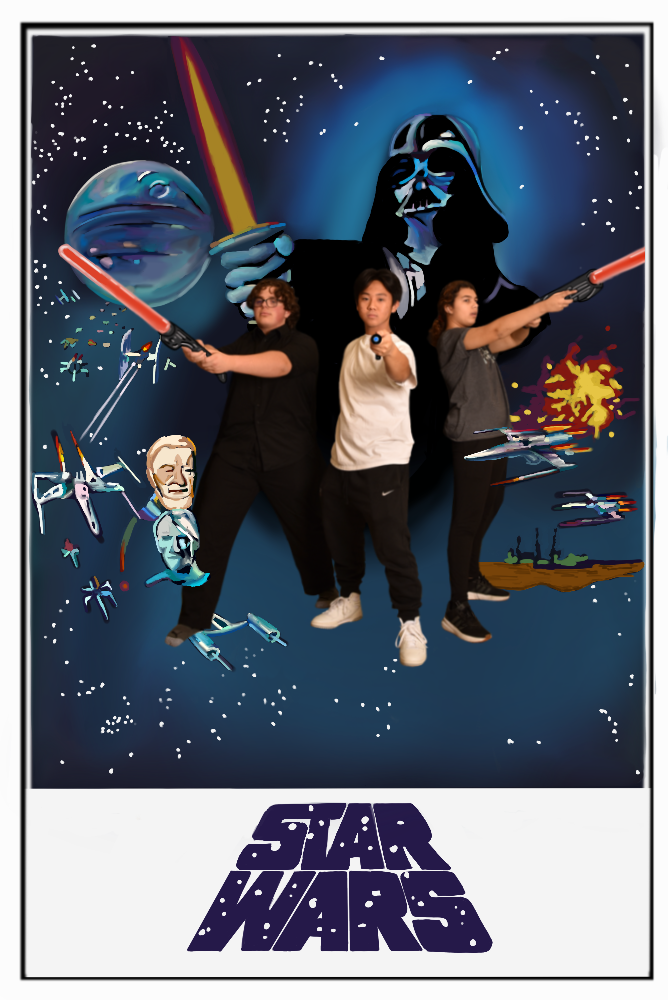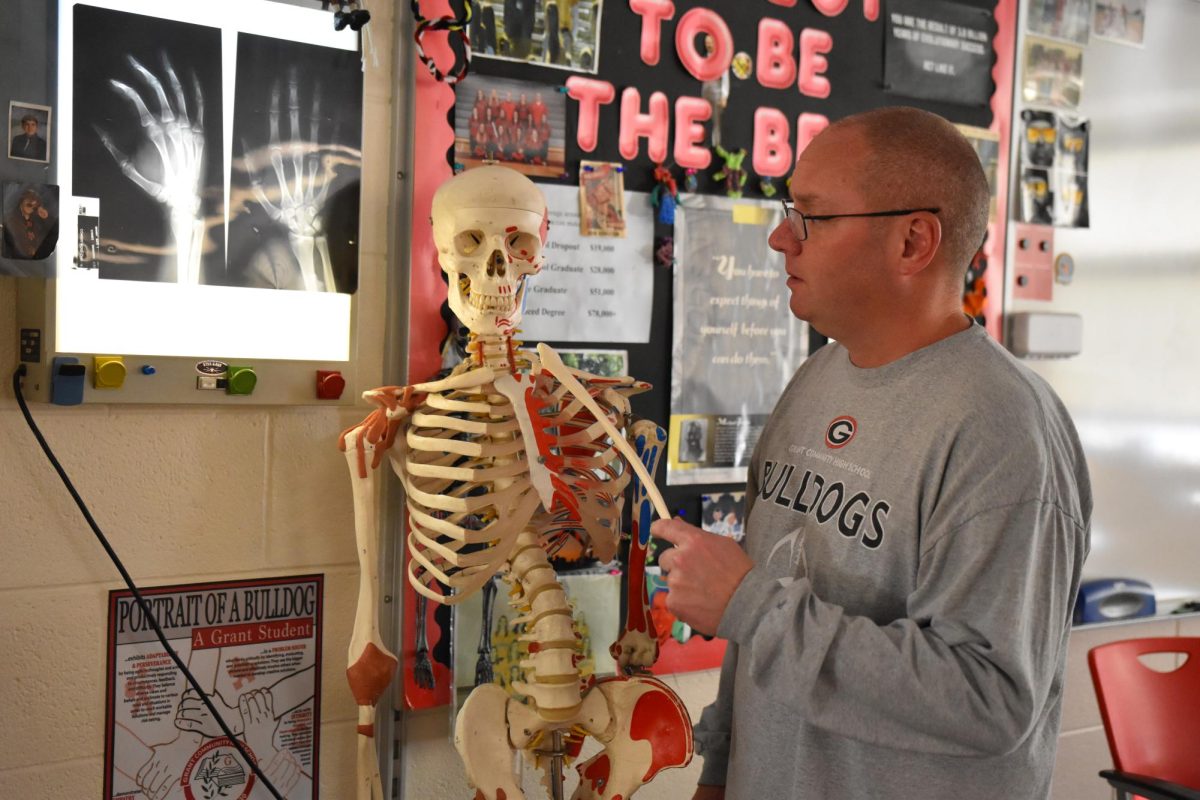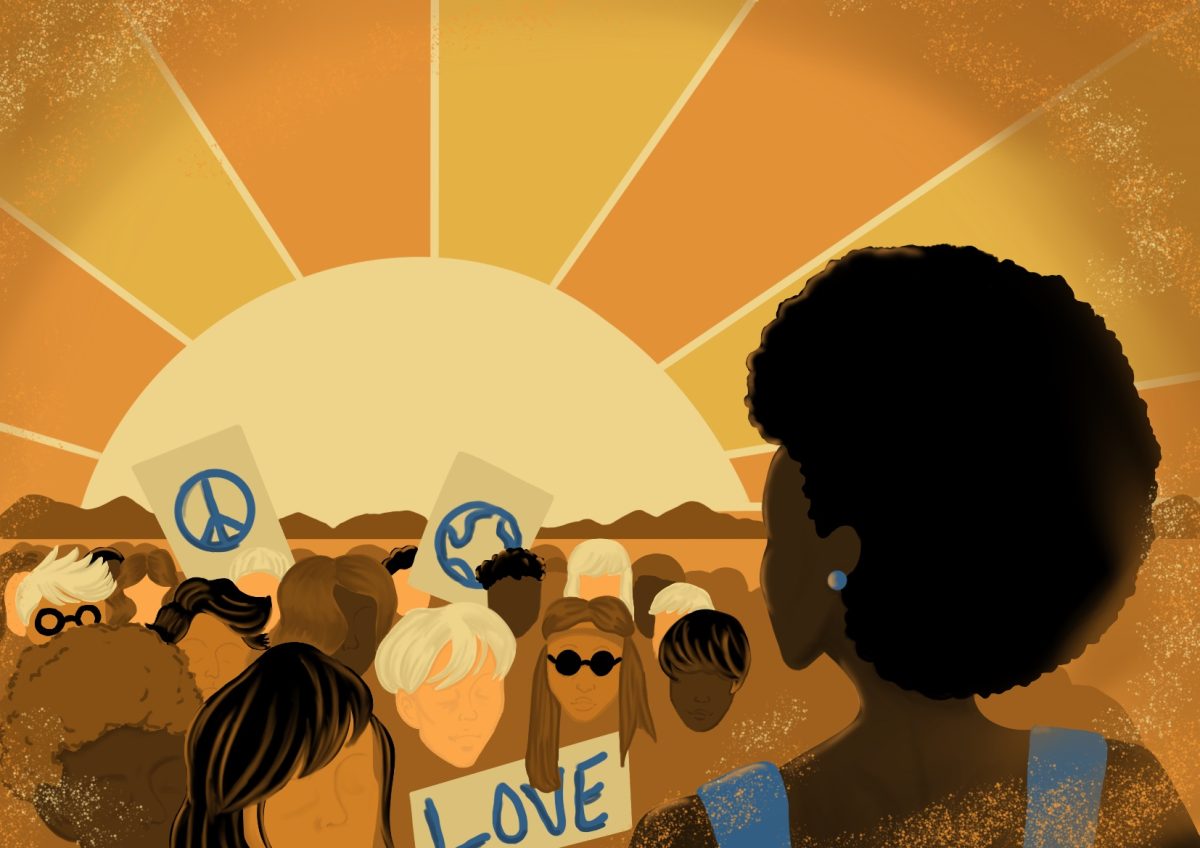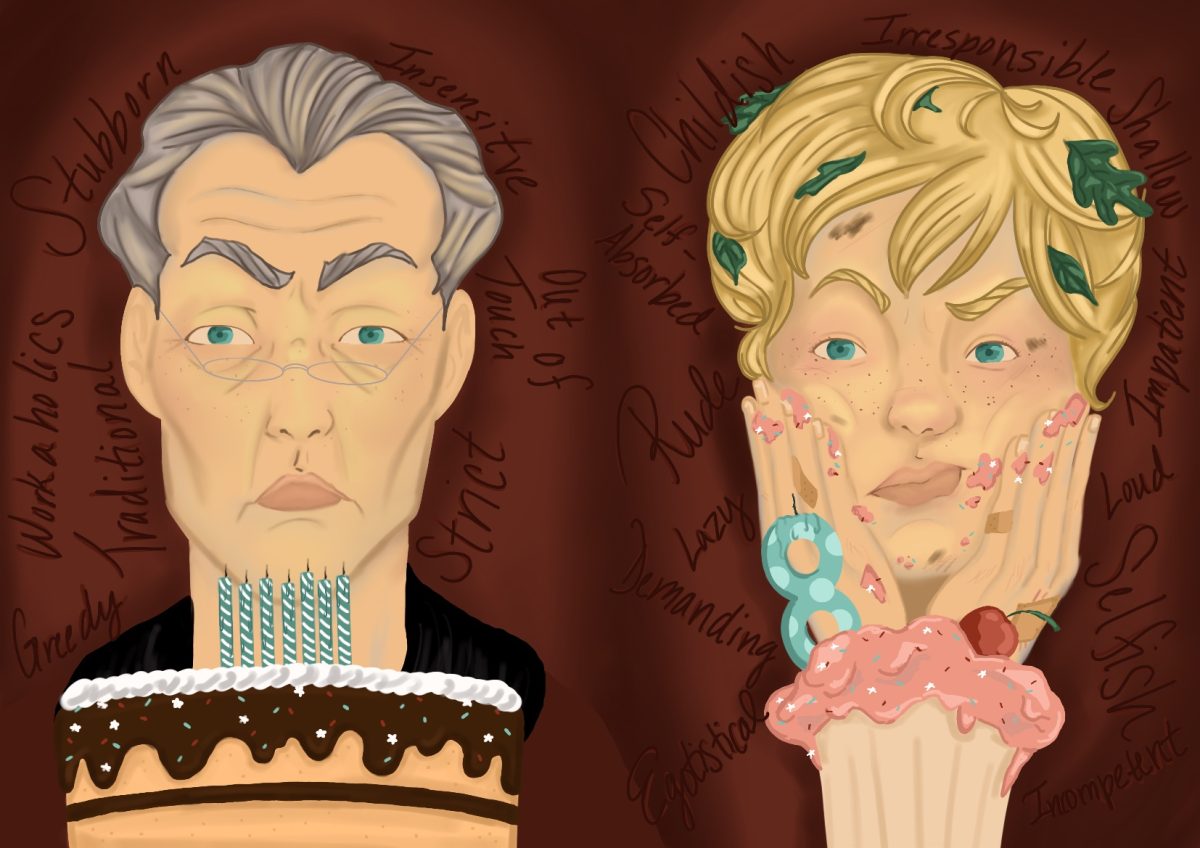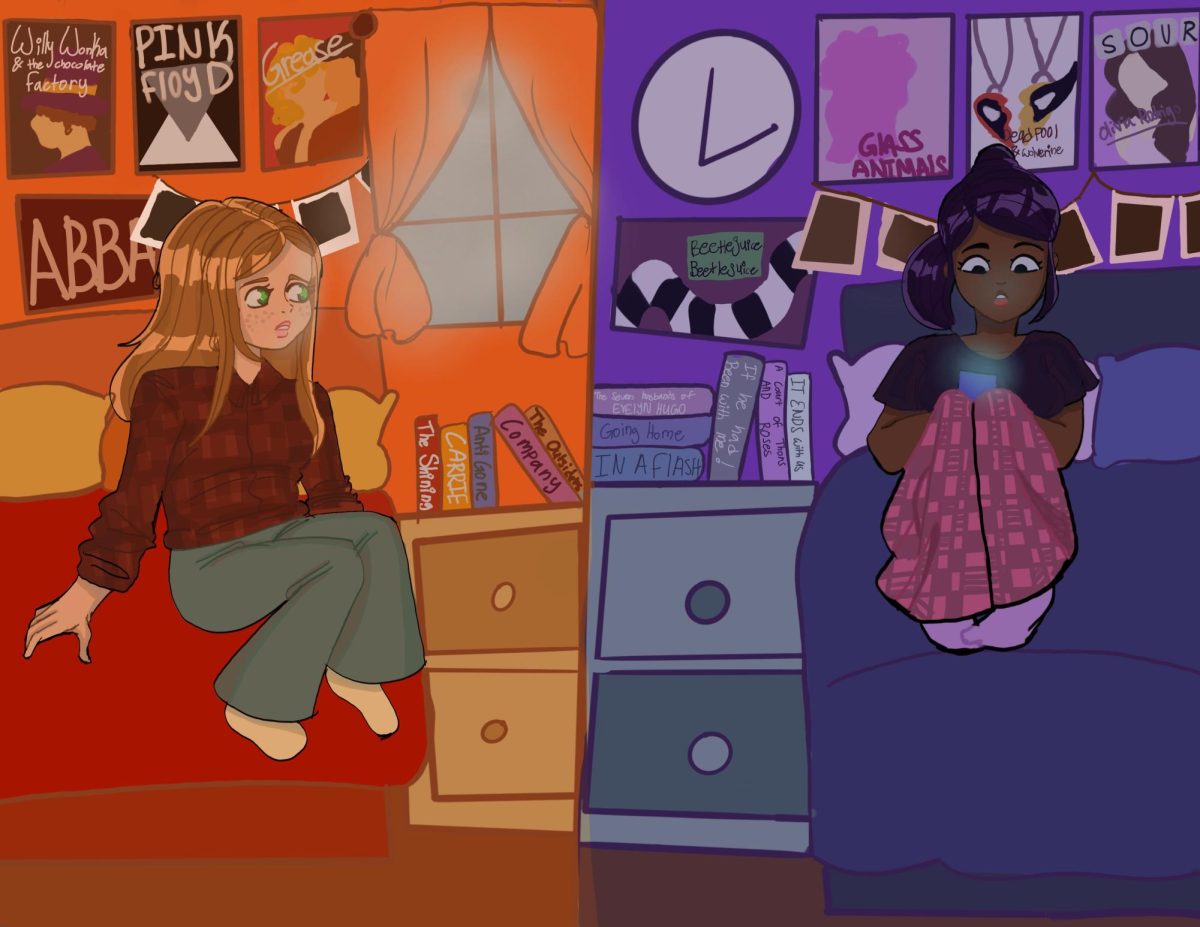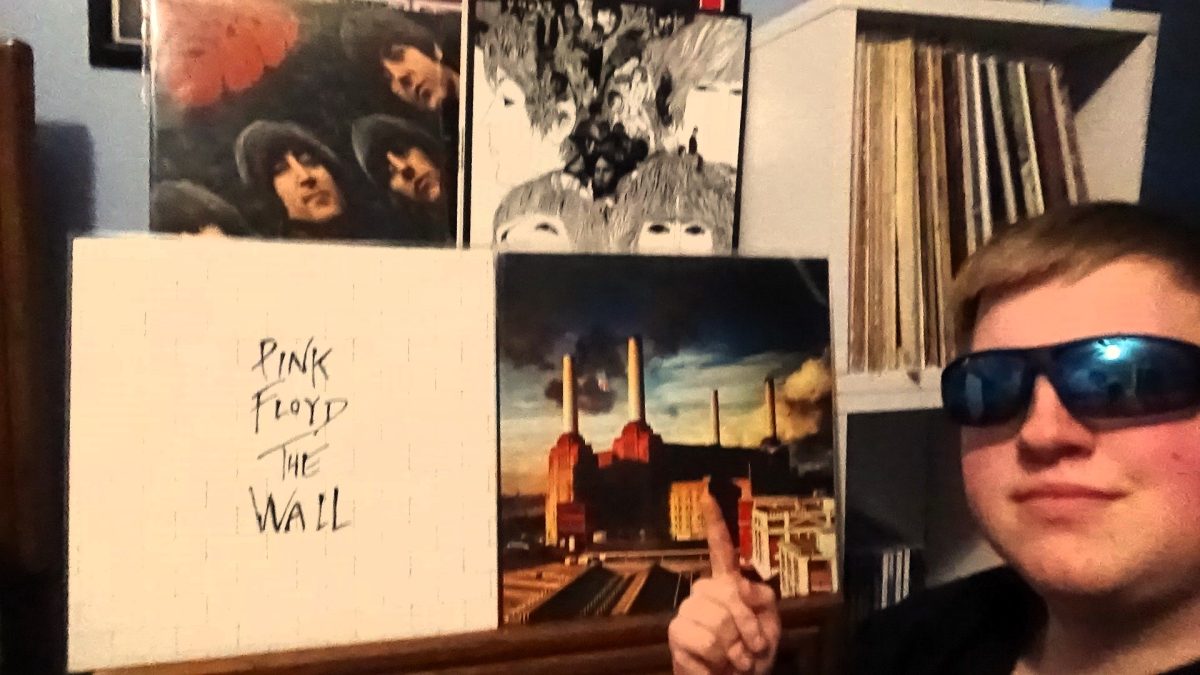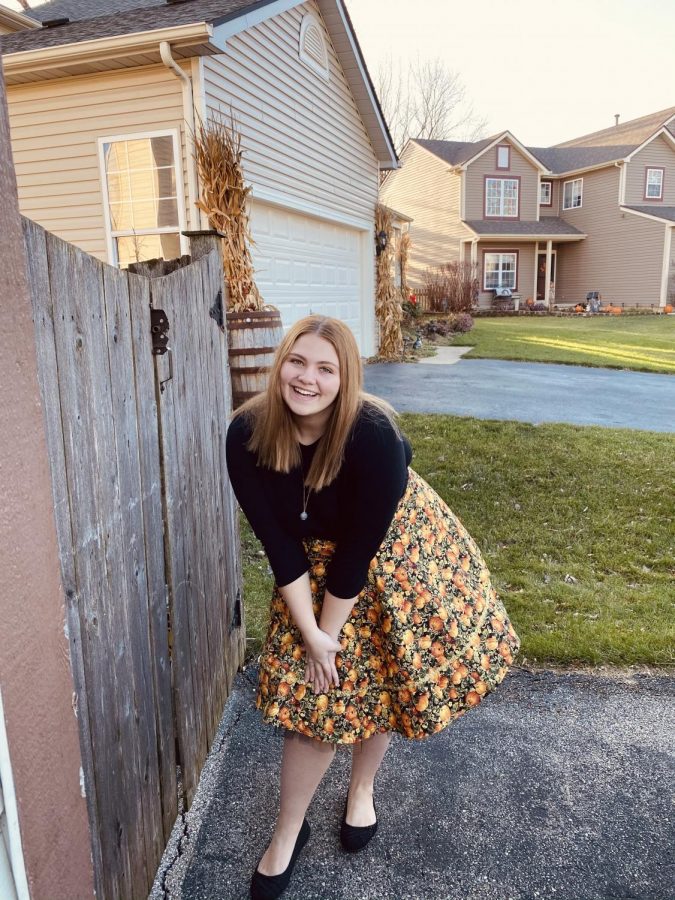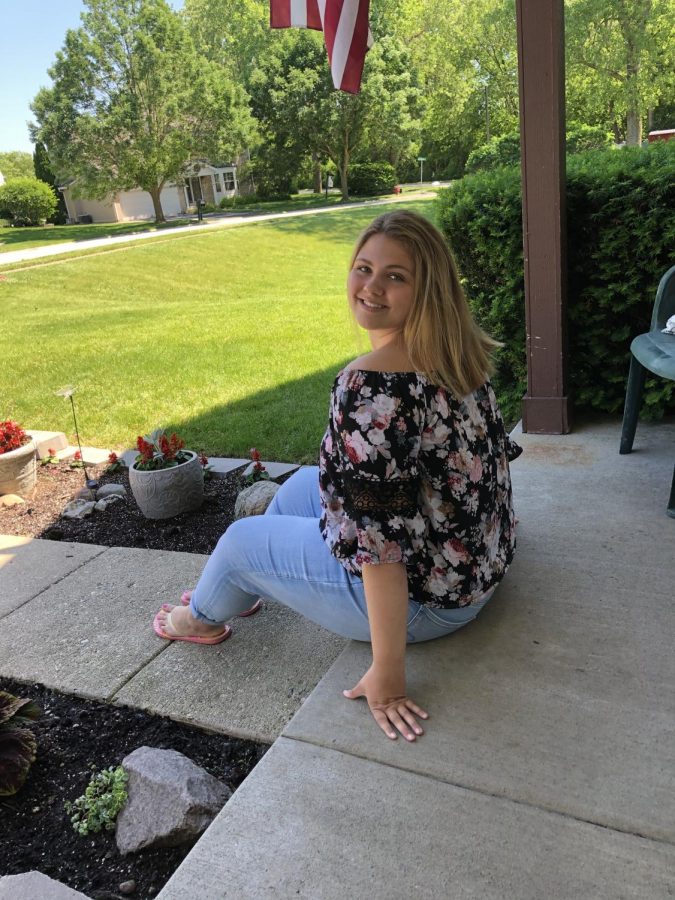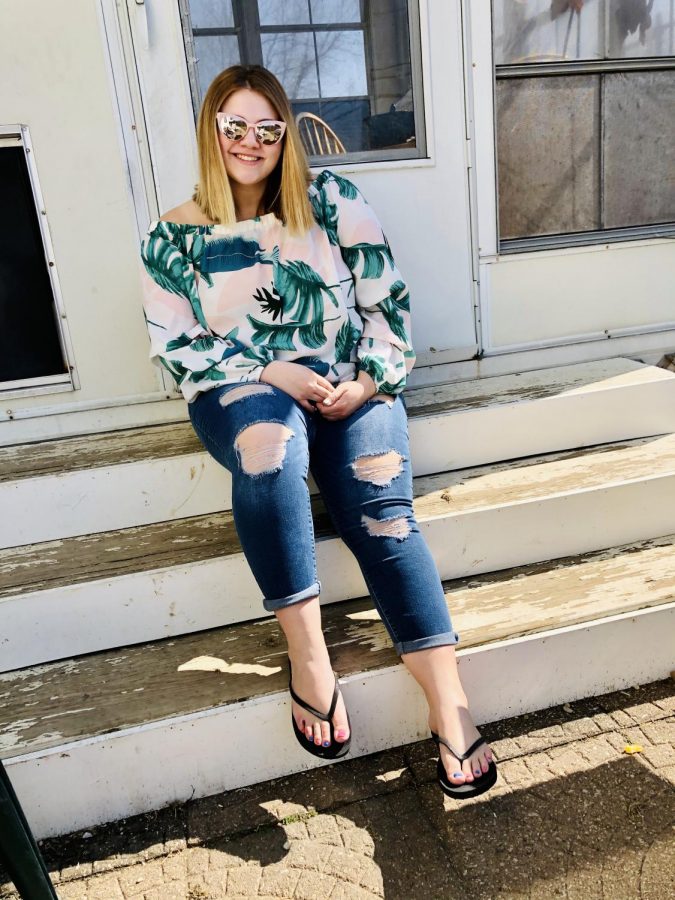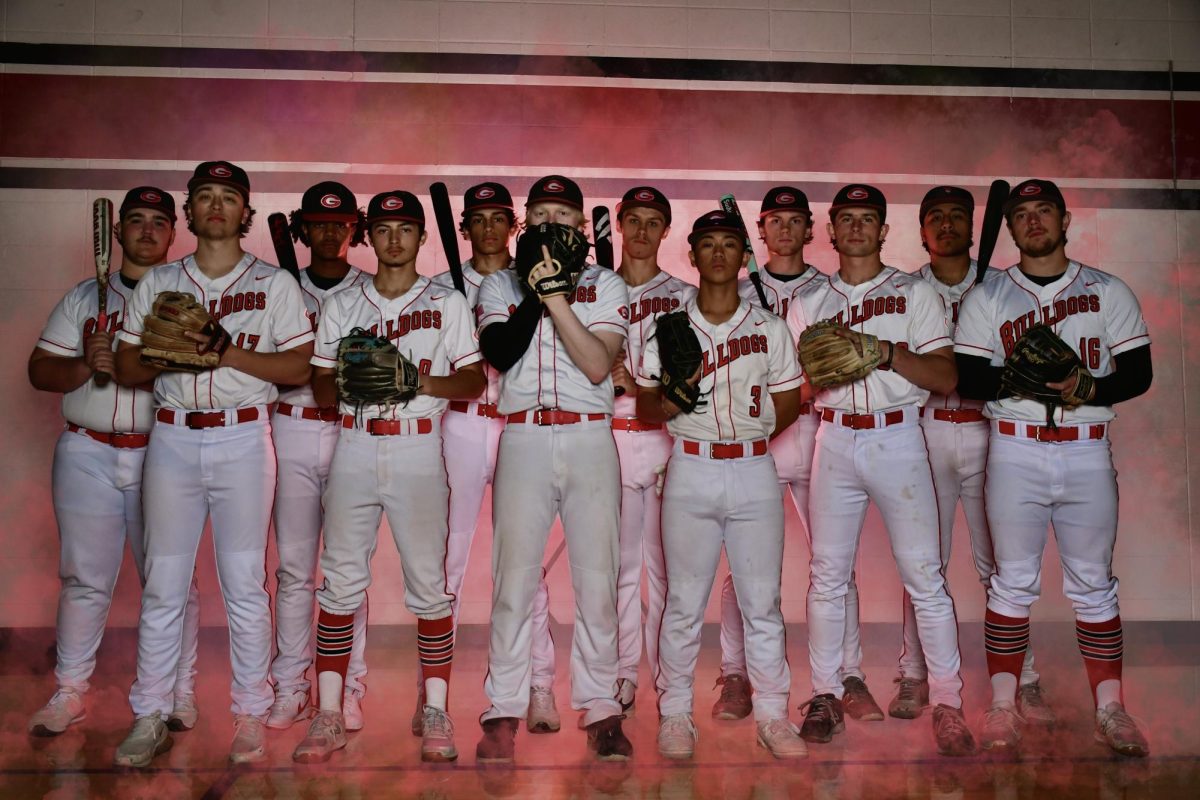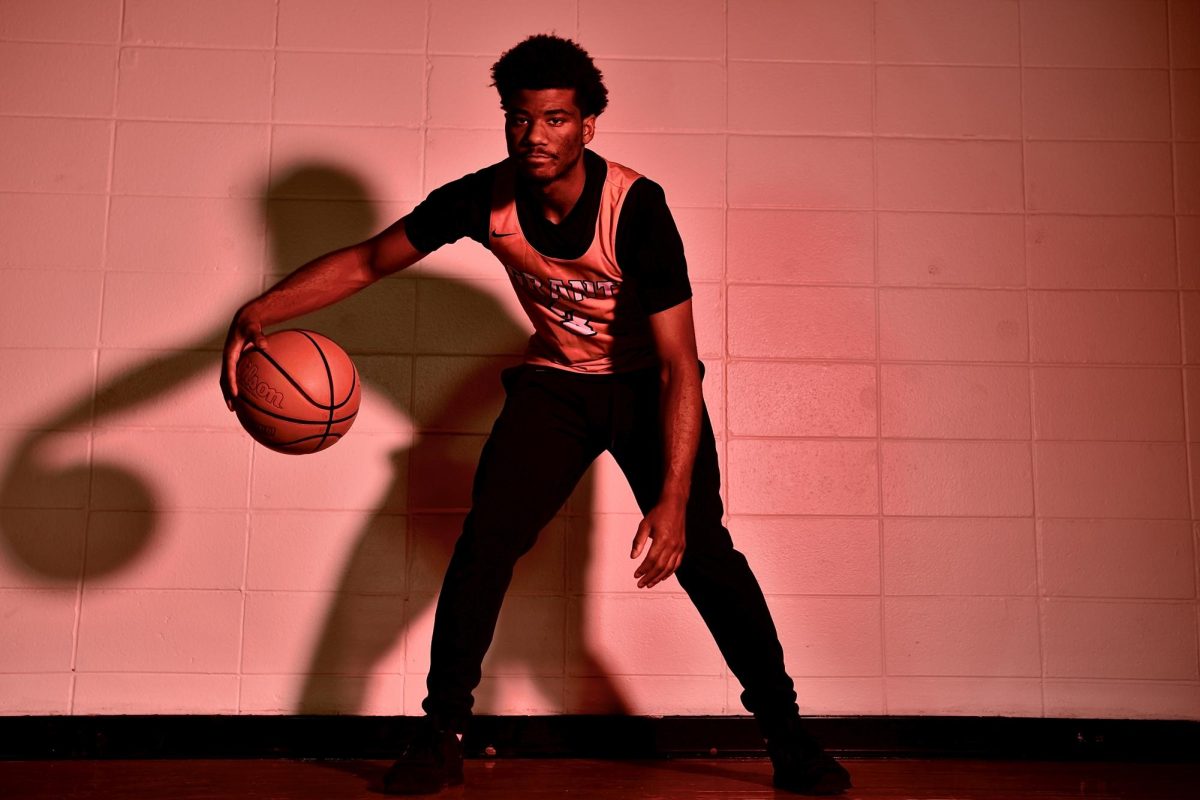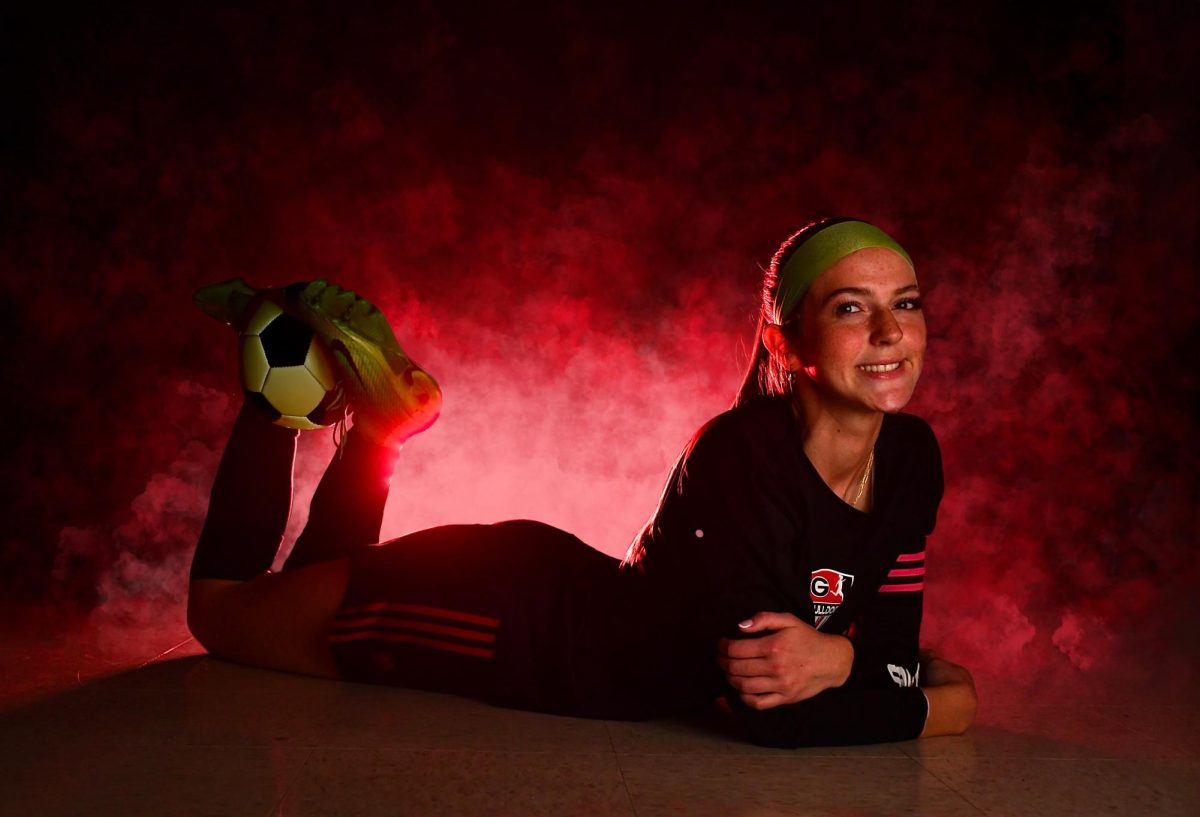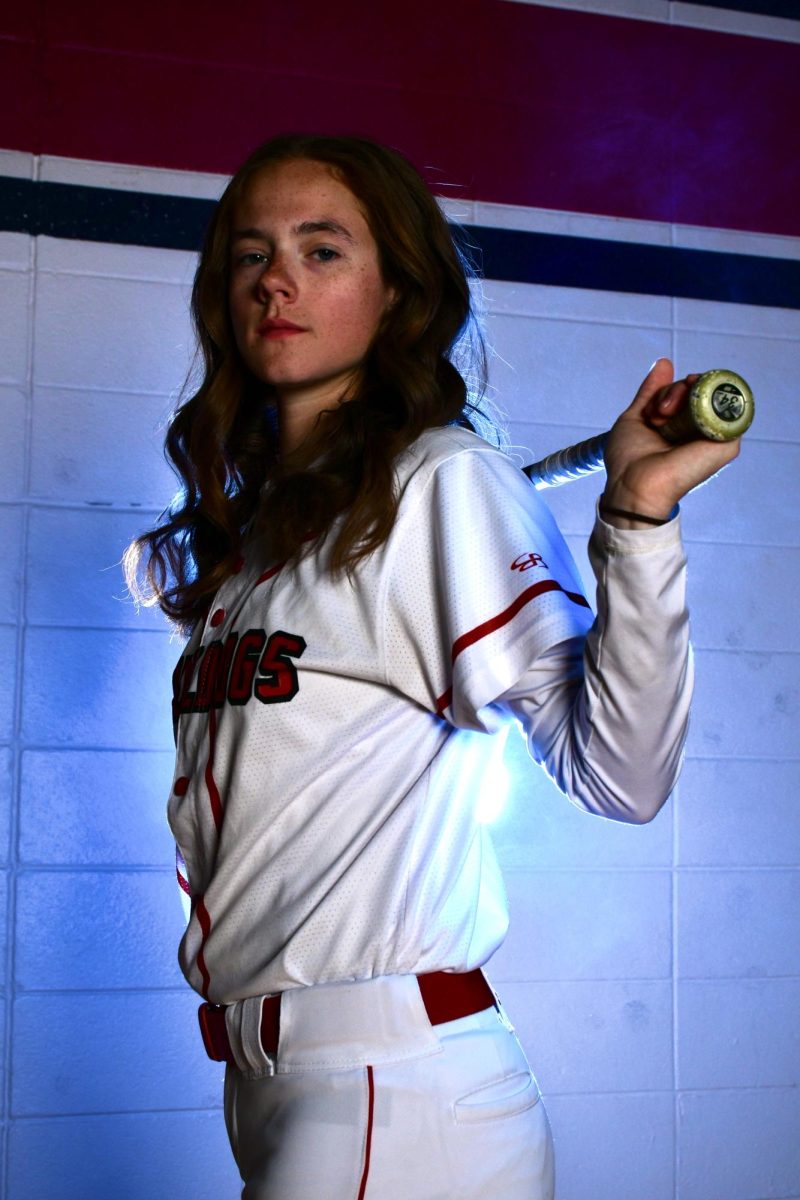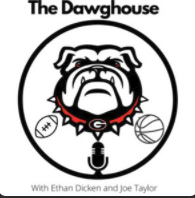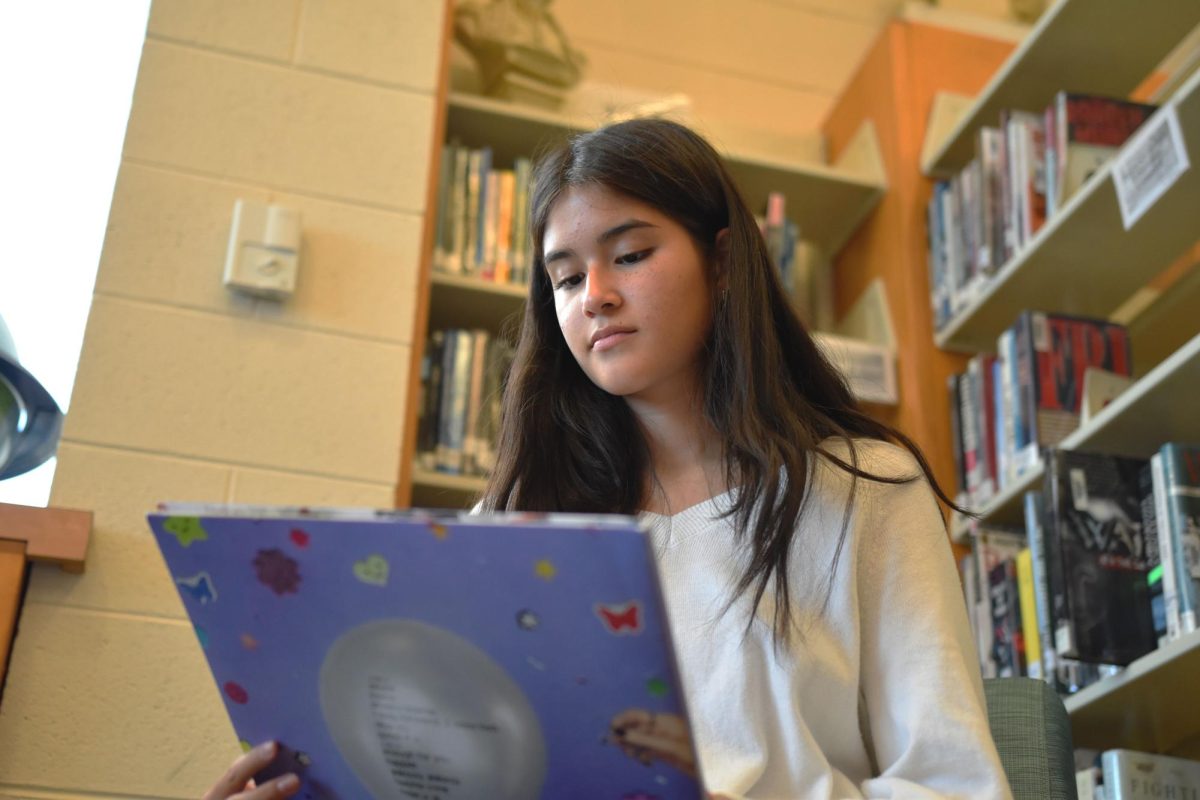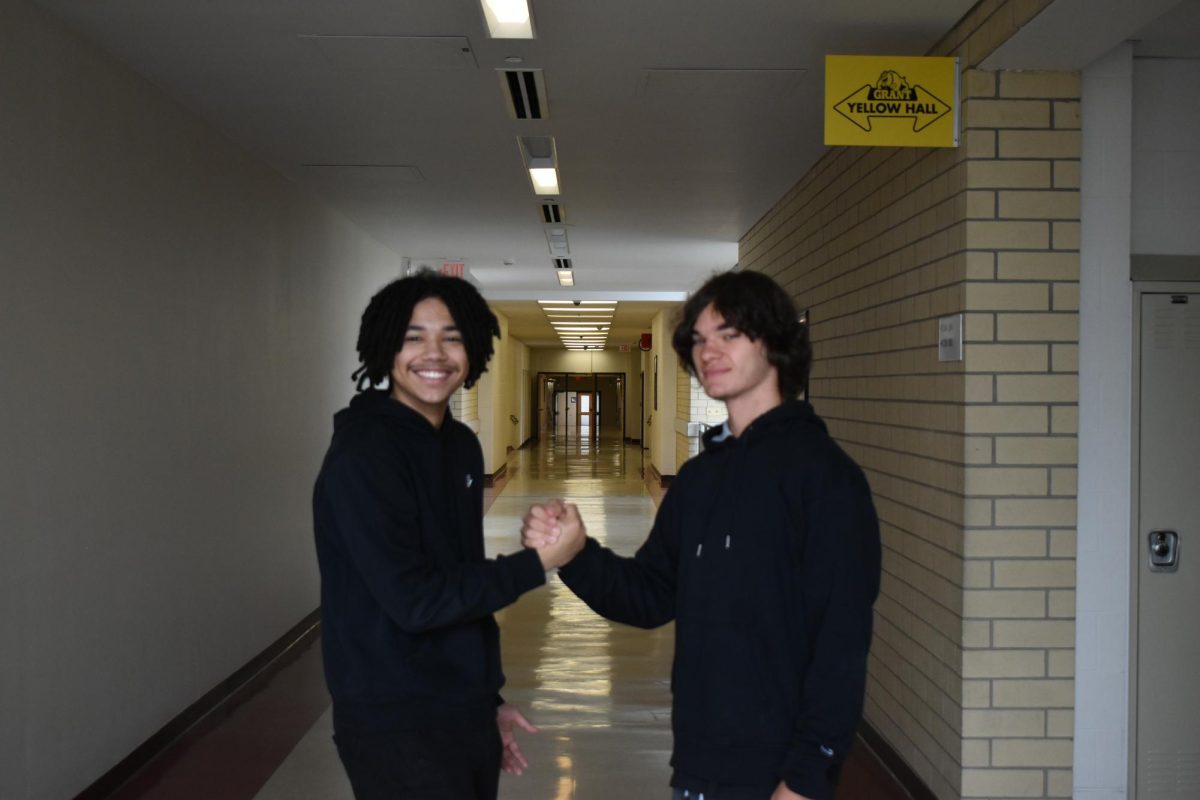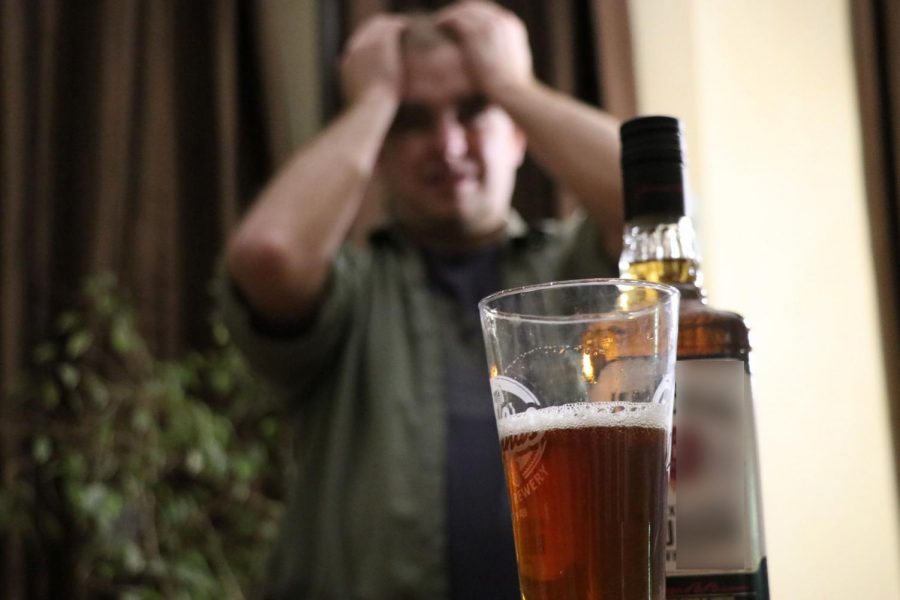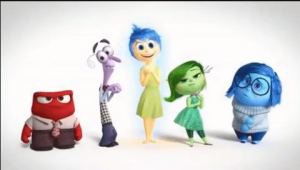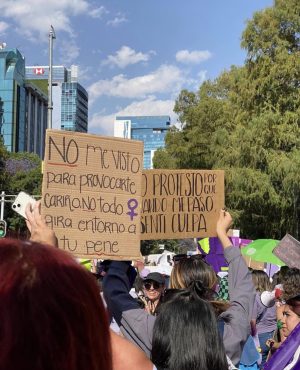Elucidating the Everyday Superhero
It was a cold night in 2018, and snow was covering the ground. The majority of Grant Community High School students would be sleeping in preparation for the school day ahead. But for one student, it’s a different story. *All names have been changed for privacy to the family*
October 31, 2019
The second my heels touched the end of my mattress, the door immediately started to bang. They were loud, shaking the entire house with every strike. Grabbing my phone, I rushed down the stairs while simultaneously dialing my father, hoping he was going to pick up. The only answer I received that night was the empty, robotic voice asking me to leave a message. Hoping to keep the would-be intruders out, I decided to shut off all the lights in the house, hoping to appear as if nobody was home. After a few more minutes, the trespassers became interested in getting inside.
After making sure that they were gone, I looked around outside–trying to visualise what the people had done to create the footprints that were so deeply molded in the snow. The icy winds of winter sent chills down my bare spine, so I decided to return to the warmth of my house. Taking the steps two at a time, I eased my anxiety of the trespassers being near the house by looking through my dads window. I tried multiple other times to call him, but he never picked up once,
Thirty minutes later, Dad walks in. He immediately told me that Olivia, our roommate, was missing and we had to go look for her. With Dad dragging me by the arm to the damaged car, I could smell the stench of alcohol on him. He reeked of it almost every night.
I argued with Dad, tried to talk him out of driving. I was 14, and all I wanted to do was get my father out of the drivers seat so he wouldn’t hurt himself or anybody else. I begged and pleaded with him, but he was insistent on driving to find Olivia.
I watched from the passenger’s seat as he zoned out, his eyes glossy as he watched the road go under the broken car. He was slowly going faster, but luckily nobody else was on the road. We were about to pass an empty parking lot when an idea hit me like a bullet. I grabbed ahold of the steering wheel, and pulled the car into the parking lot.
My mind was racing as I got out of the car to cool down. I started pacing around the side of the car and eventually made my way around to the back of the car, where I realized that the already broken vehicle was now smashed from the back, as if it were put into a car crusher.
I realized that we had to make our way home and find somebody who was sober to drive the car in order to find Olivia. We rode home in silence, the only sound I could hear was the sputtering engine of our car.
Once we pulled into the driveway, I immediately got out and walked inside. My dad got into my step-mom Sophies car, and I watched him pull out onto the road once more. I was tired, confused and angry, so I let him go.
The second that I closed the front door and started to walk away, our roommate Olivia walks in. She started to scream at me, telling me that my dad was a liar and that I shouldn’t trust him. Olivia had just stopped her rant as she began to go up the stairs, so I followed suit.
I watched as Olivia started to pack up her belongings, shoving clothes and books into a suitcase. A second later, dad walked into Olivia’s bedroom as well. Dad pushed me out of the doorway and slammed the door, but I could still hear the shouting. I forced my way back into the room, and saw my father crying and was begging me to leave, to not listen to what Olivia was trying to tell me. I was confused but curious, so I listened to her. As she threw more clothes into the suitcase, she cried. Olivia told me that my dad loved both Olivia and Sophie, who was deployed.
I was furious with my dad. How could he do this to Sophie while she was gone? Sophie was a huge inspiration for me, so it hurt deeply to know that Dad could love Olivia. Everybody was shouting as much as the next, but it had escalated. Olivia had grabbed my arm and pinned me against the wall behind me, and I tried as hard as I could to push her off of me.
With Sophie’s weight holding me down, I watched as my Dad slammed his head against the wall, again and again. He was begging for Sophie to stop, to let me go. But Sophie seemed to have blocked out all the noise, and could only hear her screaming.
Eventually, Sophie let me go and Dad pushed me outside the door so that the two adults could have their conversation without a third party involved. I saw this as the perfect time to escape the whirlwind of insults and yelling, so I decided to walk to a friends house. Before I left, Dad told me that Sophie had a gun. But I was too tired to care, so I just grabbed my shoes and my phone and started walking.
The crisp winter air pierced my bare legs and sent chills running down my spine. I took out my phone to call my mom, who decided to call the cops. A tear seemed to run down my face for every step I took, and yet the freezing temperatures caused them to cool only halfway down my cheek.
I waited for my mom at my friends house, and she eventually showed up. She took me back to the house to grab some clothes, and I had to have a police officer escort me through the house because Olivia had disappeared that night after I left, and the cops had no idea where she was.
It was around 2:00, and my mother and I were in the police station, filling out a police report on the night. We scheduled a court time for that morning at 7:00. I got home at 3:00 and couldn’t sleep, so I went to court and when we got out almost an hour later, I went to school to finish the school day.
Undoubtedly, when a child grows up with an alcoholic parent or parents, they grow up with multiple constraints. Children who grow up with adults who are often unpredictable, sometimes violent and give in to their impulses and desires often face high risks of mental health trauma and could eventually lead to substance abuse as well.
Families who have alcoholics in them often consist of chaos, inconsistency, unclear roles, and illogical thinking. Children who grow up in these types of homes often suffer from Post-Traumatic Stress Disorder, which can also be equivalent to those of soldiers who survived a war.
“These children are more at risk for alcoholism and other drug abuse than are children of non-alcoholics, and more at risk of marrying an alcoholic as well,” says Stephanie Brown, founder of the Alcohol Clinic at Stanford Medical Center.
Unquestionably, it is harder for children to understand what their parent is doing and or how they can help their parent. Medical professionals who talk to these children and help them know this, which is why several movements have been made to help children talk about it more.
In the early 1990s, the National Association for Children of Alcoholics had produced a series of posters that featured familiar faces like Captain America, Hulk, Storm, Wanda, Silver Surfer, Spiderman, and Ironman. The heroes could be seen saying quotes like “Some moms and dads who drink too much are alcoholics, and they have a disease called alcoholism. If you want to learn more … ask someone you trust.”
The posters helped to draw attention to the growing problem within adults, and it made the children of alcoholics more likely to reach out and learn more and or ask for help.
But according to Dr. Robin Rosenberg, a licensed clinical psychologist, she believes that we can identify to the heroes we see more then we believe. Dr. Rosenberg says that there are generally 3 types of life-altering experiences that superheroes go through that almost all of us can relate to.
The first experience being trauma, Dr. Rosenberg uses Bruce Wayne/Batman as an example. After Wayne sees his parents be murdered, he dedicates his life to fighting crime. Although most of our trauma may not be as morbid, a lot can relate to him. In real life, many people experience “self-induced growth” after a trauma to help others, usually becoming an activist.
The second life-altering force is destiny. Like Buffy the Vampire Slayer, many of us identify with her because they had to take on great amounts of responsibility that compels the person to grow up faster then they want to. This can happen in several different ways, which makes it very common.
The third and final option, sheer chance, is the least common experience of the three. Dr. Rosenberg uses Spiderman as an example. Peter Parker acquires a “Spidey-Sense,” where he develops powers of a spider after unwillingly being bitten. Parker chooses to use his powers for good, and many people can relate to his situation. The majority of the time when something awful occurs, people have to reroute some or all aspects of their lives to go around what happened, which is what Parker does.
When something bad happens to you, the majority of us don’t look towards Superheros for support as teens and or adults. As kids, a lot of us admired superheroes and wanted to be just like them. Dr. Rosenberg believes that the writers purposely wrote their backgrounds as traumatic as they were so that we could relate to them, and show the reader how if you take control of your life, you can take what comes your way and use it for good.
Almost a month after a Grant Community High School student’s parent got drunker then ever before, they are currently involving themselves at school through coursework and sports. They try hard and also remember to always be respectul and friendly to everyone. They have changed drastically, and are going to counseling continuously for depression and post-traumatic stress disorder. The roommate has a restraining order against him, and their alcoholic parent is currently awaiting to be prosecuted for destruction of property.

